The United States Of Abortion Laws: Where Every State Stands Without Roe
4 min read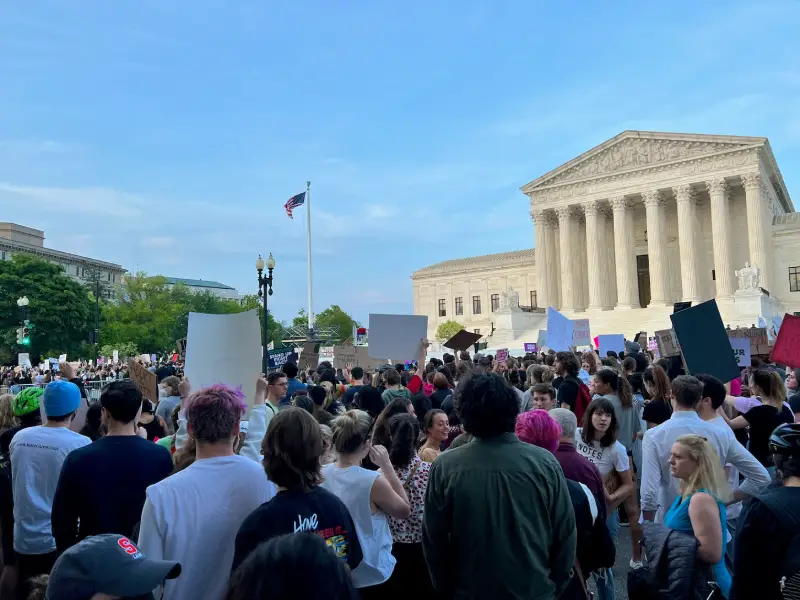
The article discusses how abortion rights in the US are now at a tipping point, with a strict interpretation of Roe v. Wade being replaced by a more restrictive one, and whether this is a natural evolution or an unforgivable step backward.
Table of Contents
States Abortion Laws
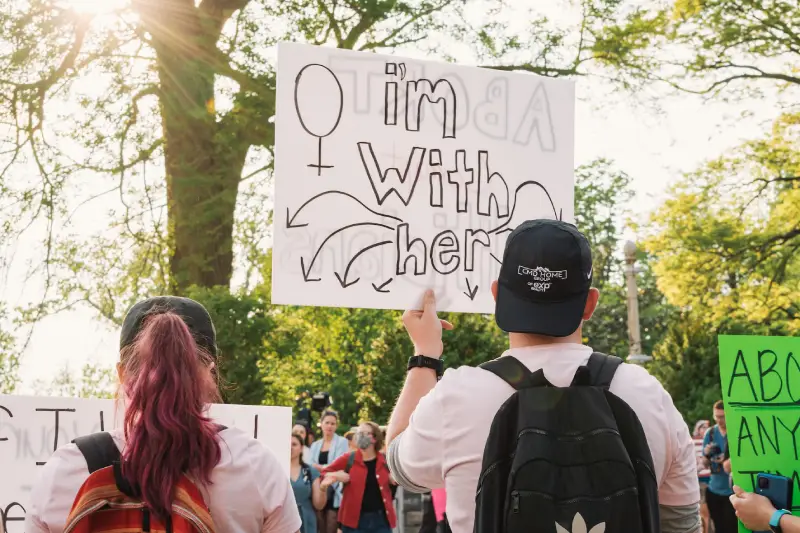
Every state in the US has its own laws regarding abortion, and these laws can vary widely from state to state. In some states, abortion is completely illegal, while in others it is legal under certain circumstances.
Here is a rundown of the abortion laws in each US state:
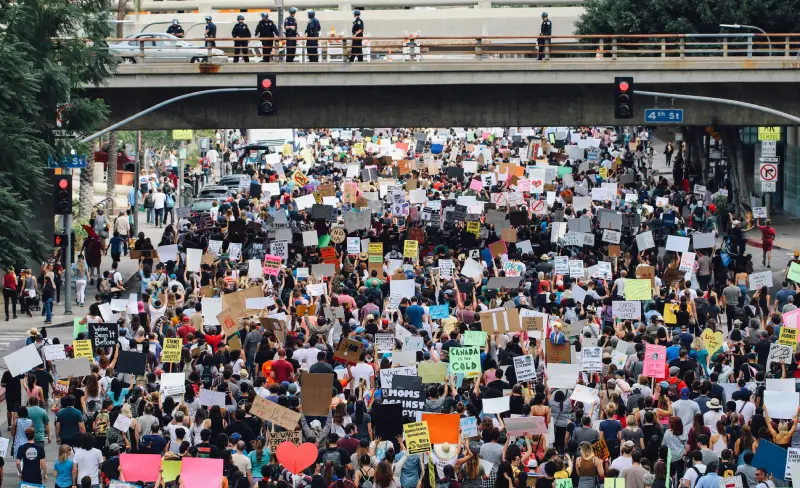
Alabama:
Abortion is illegal in Alabama except in cases where the mother’s life is at risk.
Alaska:
Abortion is legal in Alaska.
Arizona:
Abortion is legal in Arizona up to 20 weeks gestation.
Arkansas:
Abortion is illegal in Arkansas except in cases where the mother’s life is at risk or the pregnancy poses a serious health risk to the mother.
California:
Abortion is legal in California up to 24 weeks gestation.
Colorado:
Abortion is legal in Colorado up to 22 weeks gestation.
Connecticut:
Abortion is legal in Connecticut.
Delaware:
Abortion is legal in Delaware up to 20 weeks gestation or 24 weeks if the woman’s health is at risk.
Florida:
Abortion is illegal in Florida except when necessary to save the mother’s life or prevent grave permanent injury to her physical health.
Georgia:
Abortion is illegal in Georgia except when necessary to save the mother’s life or prevent grave permanent injury to her physical health.
How Roe Affects State Abortion Laws
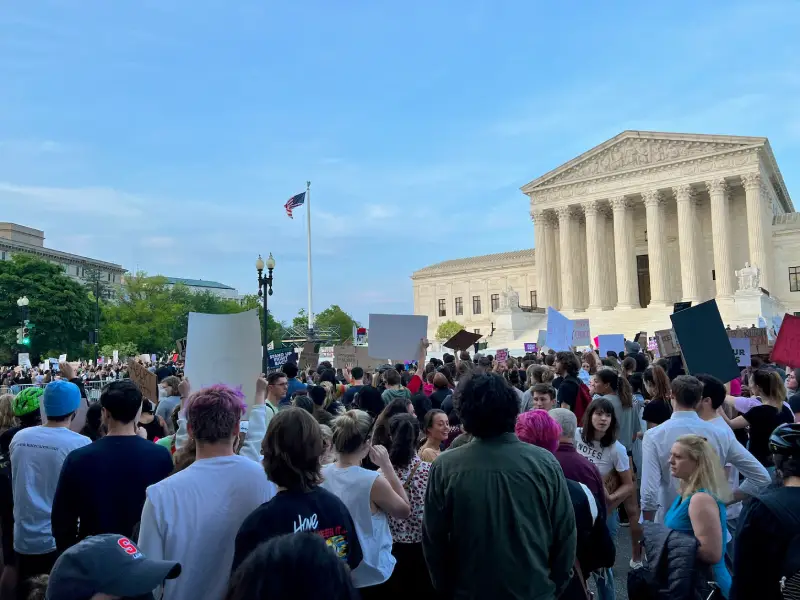
In Roe v. Wade, the Supreme Court ruled that a woman has a right to end her pregnancy by abortion. This ruling struck down state laws that made abortion illegal. However, after Roe, many states began passing laws that made it more difficult for women to get abortions.
Today, there is a patchwork of state abortion laws across the country. Some states have laws that make it very difficult to get an abortion, while other states have laws that protect a woman’s right to choose.
Without Roe, each state would be able to make its own abortion laws. This would likely lead to a situation where some states ban abortion while others allow it.
Teens and Abortion

The debate over abortion has been front and center in American politics for decades, and the issue has only become more divisive in recent years. With the Trump administration’s nomination of Brett Kavanaugh to the Supreme Court, the future of Roe v. Wade is in jeopardy. If the court overturns Roe, it would be up to each state to decide whether or not to outlaw abortion.
Currently, there are seven states with laws on the books that would ban abortion if Roe is overturned: Arkansas, Kentucky, Mississippi, North Dakota, South Dakota, Tennessee, and West Virginia. In addition, Alabama has a law that would ban all abortions except in cases where the mother’s life is at risk.
If Roe is overturned, it’s likely that many more states will attempt to pass similar laws banning abortion. This would have a major impact on teen girls across the country who might need or want to terminate a pregnancy.
Without access to safe and legal abortions, teens would be forced to resort to dangerous and illegal methods of terminating their pregnancies. This could lead to serious health complications or even death. Additionally, teens who are unable to get abortions may be forced to carry their pregnancies to term and give birth against their will.
The stakes are high for teen girls if Roe is overturned. It’s important that they have access to safe and legal abortions so that they can make the best decision for themselves and their families.
The Future of Abortion Laws in the United States
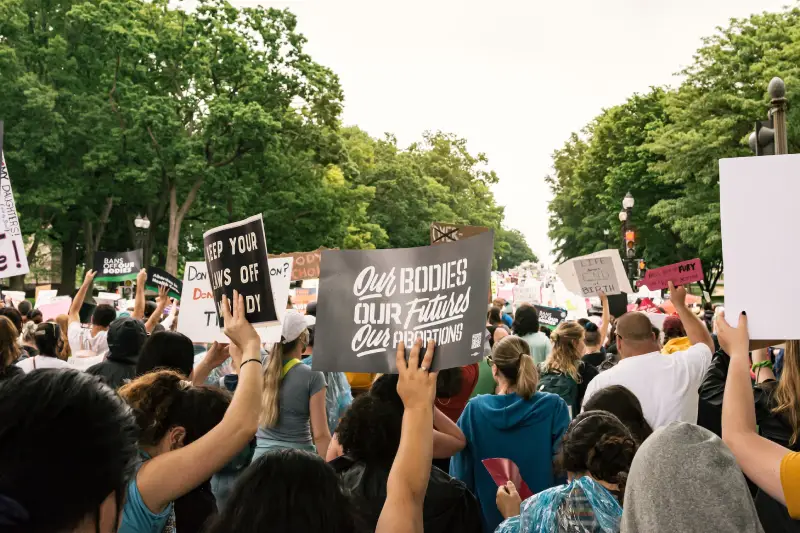
The future of abortion laws in the United States is uncertain. Roe v. Wade, the Supreme Court case that legalized abortion nationwide is under threat like never before.
President Trump has appointed two conservative justices to the Court, and there is a real possibility that Roe could be overturned in the near future.
If Roe is overturned, it will be up to each individual state to decide whether or not to allow abortion. And based on the current makeup of state legislatures, it’s likely that many states would ban abortion outright.
This would be a devastating blow to women’s rights, and it would force millions of women to seek out illegal and dangerous abortions. It would also disproportionately impact low-income women and women of color, who would find it harder to access safe abortions if they were only available in certain states.
We must do everything we can to protect Roe v. Wade and keep abortion legal and safe for all women.







